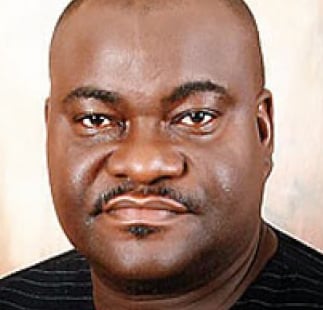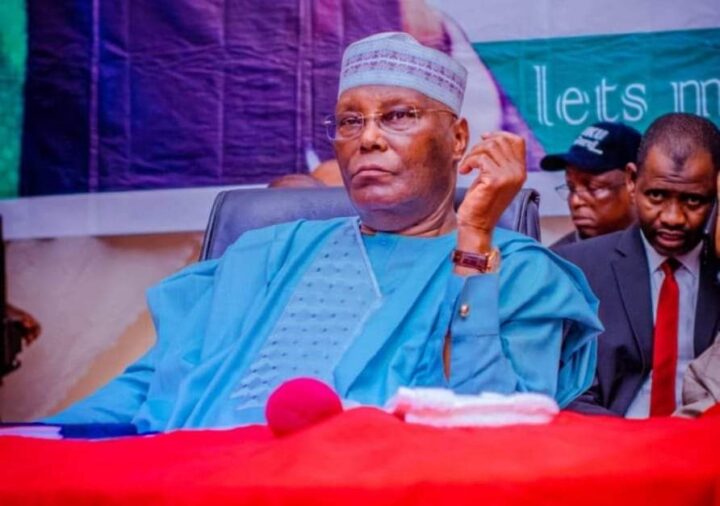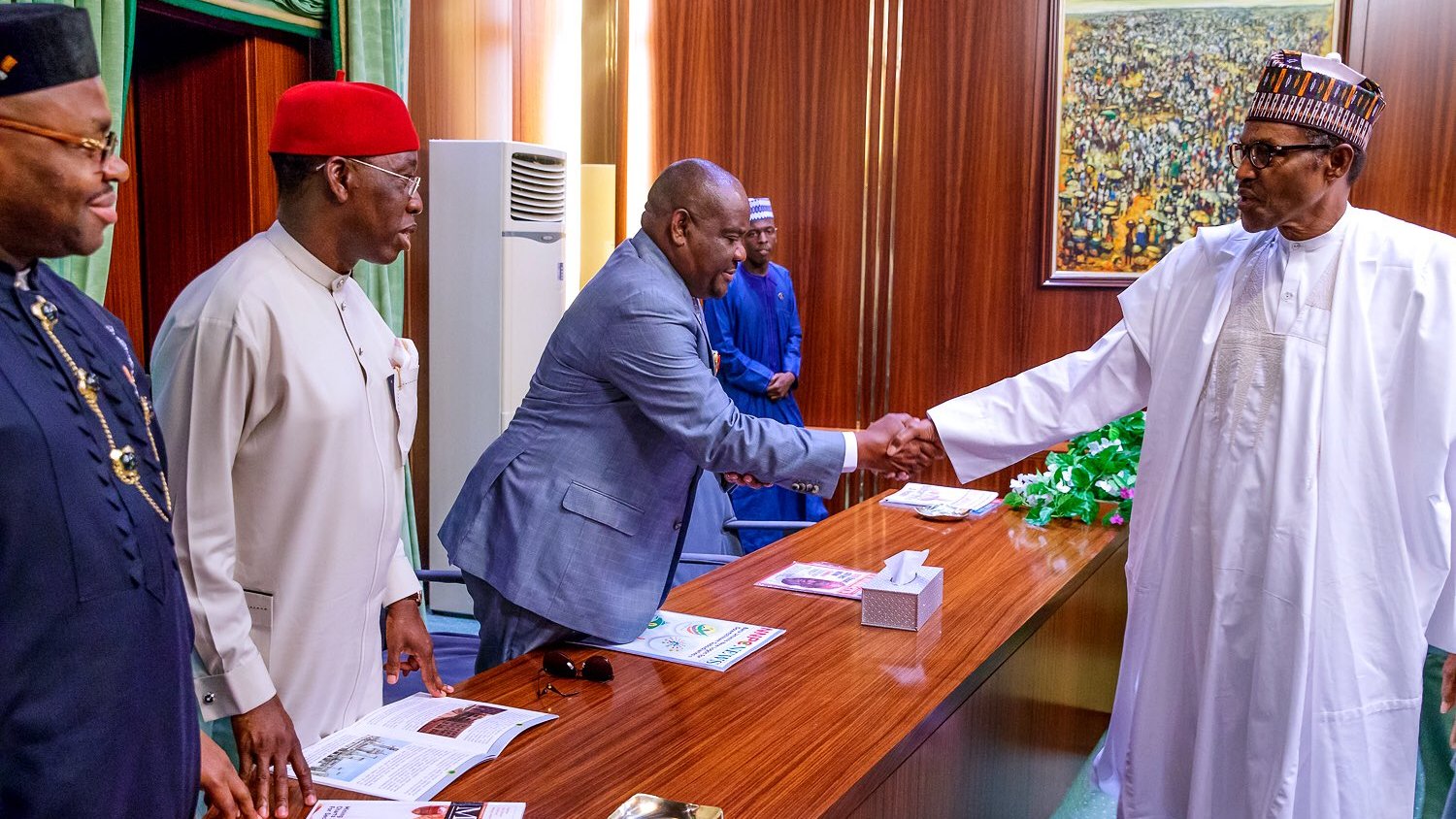I received an invite early last year from the editorial team which was putting together a diamond birthday festschrift in honour of my very good friend and brother, Sunnie Ododo, a professor of performing arts and incumbent chief executive of the National Theatre. The proposed publication was titled: Sunnie Ododo: One Tree A Forest. My first reaction was: How can a single tree arrogate to itself the toga of being an infinite woodland? I interrogated the title again and again before it began to make sense to me.
Yes, Ododo is a bundle of variegated talents and competencies, embedded in one person. He is a scholar, dramatist, poet, technical theatre exponent, culture administrator, author, editor, and more. Those who conceived of the title, I was then convinced, must have taken into account these multipronged intellectual and creative dimensions of their subject. It is against this backdrop that I have adapted that title for this treatise.
A few months ago, on August 23, 2022, to be specific, I wrote an article with the same title as this. It was intended to be the first instalment in a series of expositions on the largely unknown attributes of Atiku Abubakar. Atiku, Nigeria’s Vice President at the onset of Nigeria’s 23-year-old democratic sojourn, needs a scant introduction. He is a globally recognised figure and the presidential flagbearer of the nation’s foremost opposition party, the Peoples’ Democratic Party, (PDP). He is one personage who has been seriously and severally misconstrued, pilloried, and even demonised in parts, because of inadequate information about the man and the multi-dimensionality of his being. This, therefore, is not an effort in the deodorization of the Waziri Adamawa, who is figuratively an essential cologne in his own right.
The unfortunate demise of Atiku’s ultra-loyal long-serving aide and office manager, Abdullahi Nyako a few months back, however, impacted the planned sequel. We had a relationship while he was here. May his soul rest in peace. In that preceding effort, I discussed Atiku’s trademark, broadminded pan-Nigerianism; his religious moderation and liberalism, and his keen eye for qualitative talent-hunting. I espoused his little-known proactivity as a person and a leader; his uncommon humanity and humanness, and even his witty, humorous side. In addition to these, Atiku as an institution has other strands to his overall makeup which will continue to engender dialogue and disputation. Atiku’s recent 76th birthday on Friday, November 25, 2022, inspires a return to the topic and its further enunciation.
Advertisement
Unknown to many, Atiku is a faithful connoisseur of arts and literature. Onukaba Adinoyi-Ojo of blessed memory, journalist and playwright, and aide to the former Vice President, found out that part of him when Atiku was in office. Waziri indeed sponsored the stage production of some of Onukaba’s plays, notably Tower of Burden and The Killing Swamp, published in 2005 and 2009, respectively. The plays were performed by the cultural troupe of the Federal Capital Territory Administration, (FCTA) and Arojah Theatre, a private theatre concern. Atiku did not only fund the production of the plays, but he also attended the premieres, which were usually staged at the famous Yar’Adua Centre in the city centre, Abuja. Atiku indeed endowed a prize with the Association of Nigerian Authors, (ANA), the “ANA/Atiku Prize,” for the production of “children’s literature.” He funded this for several years, until the unfortunate demise, nearly six years ago of Onukaba, who was the liaison between him and ANA.
On a visit to Yola in early 2017, I was graciously received at the airport by a good friend and professional colleague from the southeast of Nigeria, Dan Okereke. I was going to be in the Adamawa State capital for a few days for an assignment. I took in the atmosphere on the tarmac of the airport as I alighted from the Arik Air plane which we flew. There were Max Air and Azman airplanes on the ground, either preparing to take off or land just before ours. “This is inspiring,” I told my host as we drove out of the airport to the city. “I never imagined there was so much air traffic into Yola,” I intoned. “Things have changed considerably in recent years,” Okereke told me. Air Peace and Aero Contractors are other airlines that fly this route,” my host explained further. “You’ll be surprised about the pivotal role Atiku Abubakar played in this revolution,” he spoke further.
The drive from the airport into the city, about 10 kilometres, became something of a prefatory excursion about Yola. We were headed for the AUN Hotel, abutting the American University of Nigeria, (AUN), where Okereke had graciously made a hotel reservation for me. I had not been in Yola since my years in the Olusegun Obasanjo/Atiku Abubakar years. Obasanjo compulsively paid state visits to virtually all 36 states, checking on how democracy was impacting Nigerians across the broad spectrum. It was such an enriching experience accompanying the former President on those trips. One’s vistas about the country in its totality, our people, cultures, tongues, worldviews, sociocultural congruences, and ethnographic interrelationships despite our diversities, were tremendously bolstered. I preferred to travel with the “advance party” at the time. It accorded one the opportunity of acclimatising and becoming what the Igbo people call a’ma’la, the variant of the Yoruba “shon of the shoil”, before the arrival of the main body, the president and his entourage, to deploy the peculiar lingo of the State House protocol department.
Advertisement
It was such a delight soaking in the eye-catching northeastern city, with its relatively well laid out roads, spread in the serene savannah belt, passing by those roundabouts with striking Fulani cultural motifs. I won’t forget in a hurry that iconic concrete sculpture which hoists a gargantuan traditional bowl, popular with vendors of fura and nunu, fermented milk and cereal mix, up there in the midday sky. There was yet another roundabout with a life-sized, white-coloured cow, a prompt announcement of the place of animal husbandry in the socioeconomic constitution of the Fulani. Jibrilla Bindow was the governor at the time and my host educated me about his endeavours in the development of infrastructure in the state. Okereke returned to his thesis: “Atiku could jolly well have established the AUN on the Lagos-Ogun-Oyo corridor of the country, given higher literacy levels in those parts, and the potential for higher subscription, and by extension, increased profitability. But then his vision was to have a world-class citadel in this part of the country, which will be a window to the world.”
Since the establishment of the AUN in 2004 therefore, Yola has become an unsung international hub. The staff of the institution is drawn from at least two dozen countries. These include the United States of America, (USA), which has traditionally produced the President of the university since its inception; Canada; the United Kingdom, (UK); India and Pakistan. The African component of the university faculty comes from South Africa, Ghana, Niger, Kenya and Uganda, among others. Korea, Vietnam and Romania, are some other countries whose flags are flown in the AUN community. The student population is as megalopolitan. There is something of an informal working relationship between AUN and the francophone component of the Economic Community of West African States, (ECOWAS), whose wards from Cote d’Ivoire, Senegal, Benin, Togo and so on, attend the university.
The Paul Kagame Programme sends Rwandan students to be trained specifically in petroleum chemistry, polymer science and oil and gas. Before now, the Jacob Zuma Foundation sent 20 select indigent students on an annual basis, to be educated in AUN. AUN is also popular with Nigerians in diaspora who desire that their wards acquire requisite African social capital, within such a globalised community. The student community is drawn from about 20 countries across the world, a statement to the universality of the institution. The Yar’Adua Foundation, chaired by Atiku, equally scouts children from poor homes from all the 36 states of the country yearly, who are granted scholarships. There are of course several other students who are on Atiku’s direct sponsorship.
As recently as a few weeks ago for instance while on a visit to Bayelsa State, he committed to funding the education of two children of a brave victim of the floods, Ernest Peremobowei, who got drowned after rescuing five flood victims. AUN is the melting pot, the international brand, an essential university as an authentic universitas, which Atiku has brought to be, in the Yola-based prototype. Against the preceding background, students, parents, university teachers, spouses, families of expatriates, and resource persons, are in unending coming and going, going and coming, in and out of Yola. On a visit to AUN in 2018, former Managing Director of the Daily Times, Dr Yemi Ogunbiyi, noted that the initiative is “Atiku’s greatest gift to humanity.”
Advertisement
Beyond the AUN, however, Atiku’s investments in the production and service sectors, constitute a critical bulwark to the socioeconomy of Adamawa State, maybe the North East. From ABTI schools which provide western style education for children from creche through senior secondary school; through Adama Beverages, (established in 2006); to Adama Plastics, Atiku’s hands seem to be in many pies. There are also Gotel radio and television; Standard Microfinance Bank and Rico Gado Animal Feeds and nutrition plant, his business engagements, just spawn and sprawl.
A few years ago, he launched “Food Merchants Ltd,” otherwise known as Chicken Cottage, his organisation’s intervention in the fast foods sector. Mid-2021, Atiku commissioned a new Woven Sacks Factory, and a Shrink Laminate Plant, in Yola. The sacks factory has capacity to produce nine million sacks annually and is “designed to serve as backward integration” and eliminate dependence on sacks typically sourced from Lagos. The microfinance outfit has empowered thousands of women in a deliberate poverty-mitigation scheme. Atiku also owns a private security outfit which provides guards services primarily for his various interests, and for desiring organisations and substantial real estate in Yola.
Put together, Atiku’s interests provide sustainable employment for several thousands of people from the northeast, Nigeria, and neighbouring countries. Aside from the governments of the six states in that geographical zone, Atiku is the sole largest employer and provider of livelihoods for people. He has always expressed his unhappiness about seeing able-bodied people idling away when they can be productively engaged. His underlying philosophy is welfarist, the desire to keep people’s hands busy, so as to keep the proverbial devil away from otherwise engaging those hands. Strictly mercantilist considerations, as guided by feasibility studies, would have advised more commercially vibrant destinations, mostly obtainable in the south of the country, for these initiatives.
More than in fiscal terms, Atiku’s war chest, his real capital is in the friendships and relationships he has cultivated over time and space. Former Secretary to the Government of the Federation, (SGF), David Babachir Lawal, recently made a revelation about the presidential flagbearer of the All Progressives Congress, (APC), Bola Ahmed Tinubu. Lawal said Tinubu declined from touring the South East and South South, ahead of the presidential primary, in early June because he was sure his fate had been sealed in both zones. Not for Atiku. His contact list bubbles with friends and associates across generations and social strata, from every crevice and corner of the country. A Ben Obi from Anambra State succeeded an Akin Kekere-Ekun from Lagos State, as Chairman of the Board of Trustees, (BOT), of AUN. Atiku is a man whose tentacles crisscross the breadth of our huge geophysical, sociocultural mass, and beyond.
Advertisement
Tunde Olusunle, PhD, poet, journalist, scholar and author, is a Member of the Nigerian Guild of Editors, (NGE)
Advertisement







